Home » Kratom & Cannabis
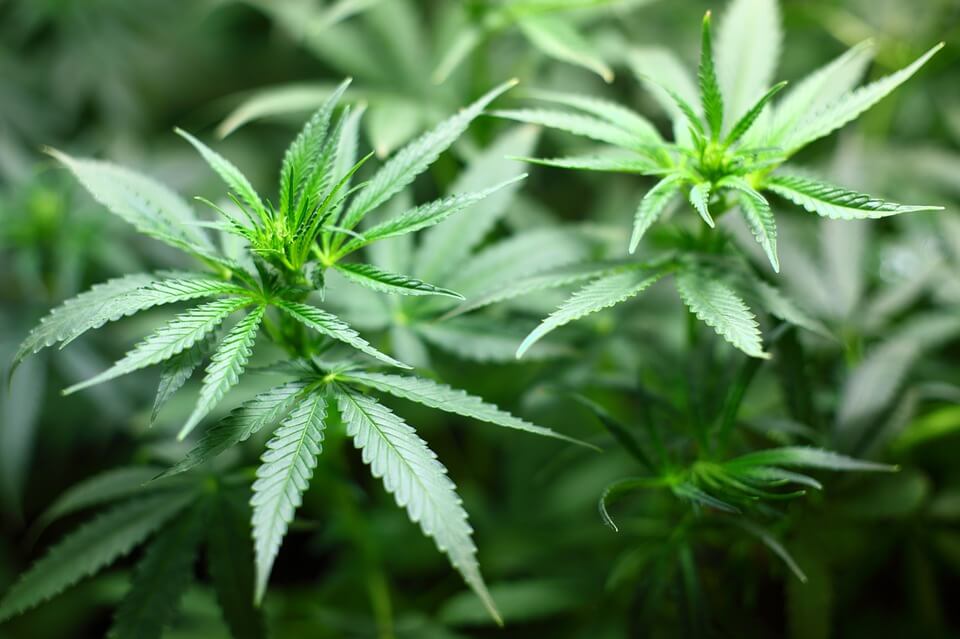
Kratom & Cannabis
- Anthony Dent, Founding Member
- 3 Comments
Is there a legal difference between kratom and cannabis? Are kratom and marijuana the same in the eyes of the law? The Kratom Company is here to help you understand the legal and functional comparisons between kratom and cannabis. Learn everything you need to know about how to handle kratom when you read our blog today!
Society & Kratom
Ironically, the farther we as a society grow from nature, the closer some of us feel to it. Luckily, there are many plants that we’ve essentially domesticated, so even after years of environmental destruction, we can still extract some of her bounty to help us. While marijuana has a remarkable history of dynamic genetics and coevolution with humans — the THC receptors in the brain are so oddly specific with how they fit with cannabis alone — kratom has seemed less geared towards serving humanity. Still, both plants have a commensurate and comparable history with their tremendous utility and how they are perceived by culture and society.
Different, But the Same
Due to the stigma surrounding cannabis, we certainly don’t want to give that baggage to kratom by comparing the two unfairly. It is, without doubt, intellectually dishonest to stigmatize kratom based on its similarity with marijuana and the two plants’ history of potential to ease common ailments.
Cannabis, with infinitely less death, harm, and grievous societal damage attributed to it than alcohol, is still somehow less acceptable in many areas of the Western world. Much of this can be attributed to President Ronald Regan, and to an extent, even further back to Nixon. They enacted “Law and Order” political platforms that went way overboard on drug prosecution. The open secret has always been that it was a political tool used to punish minorities.
Kratom is also facing some pushback from congressional legislation, which has stigmatized it for the general public, if less so than cannabis. However, both kratom and cannabis face many legal hurdles.
The Cost of Kratom & Cannabis
Many families and individuals have suffered from the criminalization of cannabis. Parents have been taken from their children for having a single joint, and critically ill patients unable to access a potent resource that could help them. Millions of Americans feel that cannabis benefits them in one way or another.
Essentially, it feels like the stigma attached to cannabis is more than a war on drugs — it’s a war on the people who use them. As the tide of public opinion turned with regards to cannabis, we see many celebrities, politicians, and influencers pushing for the legality of this plant — hoping to release those wrongfully imprisoned by their association with it.
Between kratom and cannabis, kratom has had a far easier path with much less negative media. While some entities are trying to demonize kratom, cannabis has forged a path that makes people think more critically in regards to the types of benefits both plants can provide.
Timing
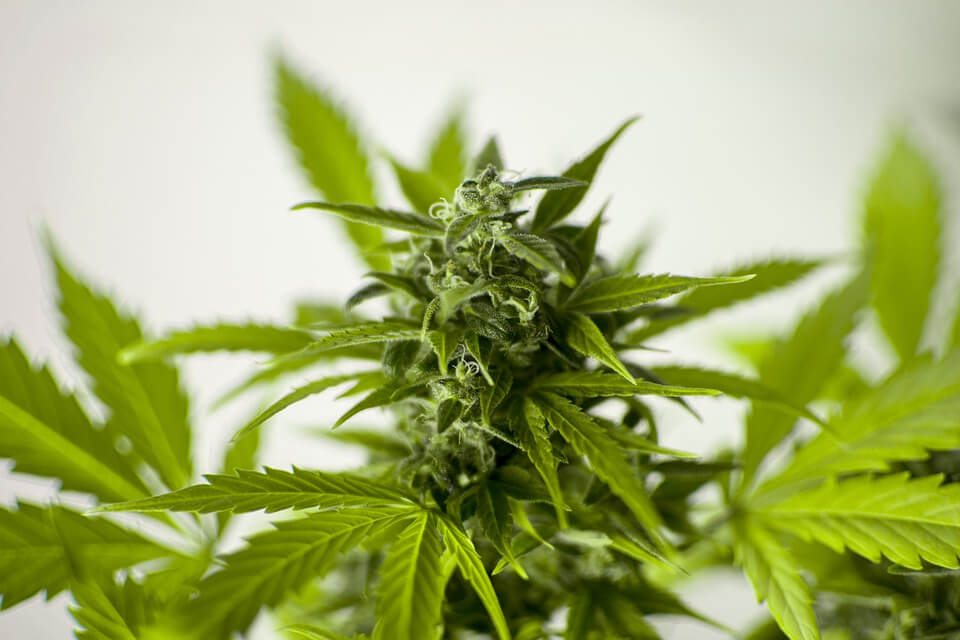
The timing for kratom and marijuana has been wrong for the last ~100 years of American history — no ordered logic dictated it, no seminal scientific discovery, no remarkable moral enlightenment. Since people always want something to blame in order to further their own agenda, cannabis was the convenient scapegoat.
Kratom and marijuana had different journeys to arrive at the same place — a society that is at odds with itself. Some research and test the efficacy of these plants for medicinal purposes, while others fight against their legalization for reasons that range from the battle against non-FDA-approved medicines to the lack of ability to capitalize from the income that kratom and cannabis products generate.
But What About Kratom?
The American public has seemed to learn a lesson of sorts. No longer are we keen to have politicians tell us what we can and can’t put into our bodies. No longer do we conjure up moral dilemmas for a solitary, victimless agency.
This type of critical thinking is why, when the FDA was begging the DEA to ban kratom in 2016, the American public gave a swift and overwhelming backlash. Putting politicians and legal agencies on blast through social media worked.
The Kratom Dilemma
Kratom is a benign plant, more closely related to coffee than cannabis. Kratom plays a crucial role in certain cultures where it originates and is currently being adopted by countless others for reasons other than religious ceremonies.
Some believe the reason the FDA attacks kratom and cannabis is because it threatens the income from opiates. They claim that kratom has caused a few dozen deaths in the last decade or so (it hasn’t). Conversely, there is documented evidence of deaths directly attributed to opiate use.
Kratom is Winning
There are the forces that are turning the tide against the FDA, much in the same way that there were for cannabis. The American Kratom Association is a relentless and effective advocate for the American kratom community. The Kratom Consumer Protection Act follows the by-state approach cannabis took, as the American Kratom Association takes up laws in each state to protect kratom from the federal overreach of the FDA.
Because of the suffering of the cannabis community, kratom has been able to learn many lessons and take some shortcuts. The kratom community has focused on all the good kratom and cannabis have done and are doing. Its medicinal potential is being studied and revealed, leaving its opponents with very little to fight against. With a community that encourages transparency, seeks to educate, and includes people from all walks of life, the kratom community has already won in the battle for public opinion.
Nothing in this blog is intended as medical advice. Kratom does not cure any disease. Marijuana is not proven to cure any diseases. Some studies have shown that these substances may help alleviate some symptoms. Always consult with your doctor before making any decisions regarding your health or taking medication. Always follow your local laws. This blog is intended as a place to share ideas, conjecture, and anecdotal stories. It is not intended to be taken or used as medical advice in any way and readers should always conduct thorough research and consult with their doctor before putting anything in their bodies.
Featured Products
-
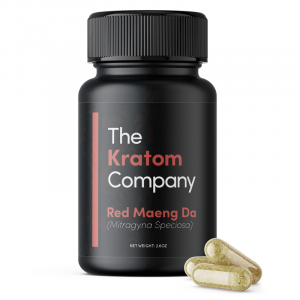 From $24.00Select options This product has multiple variants. The options may be chosen on the product page
From $24.00Select options This product has multiple variants. The options may be chosen on the product page -
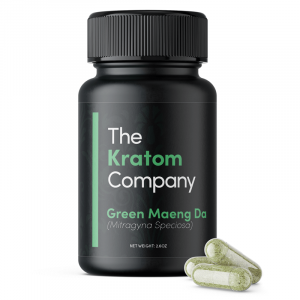 From $24.00Select options This product has multiple variants. The options may be chosen on the product page
From $24.00Select options This product has multiple variants. The options may be chosen on the product page -
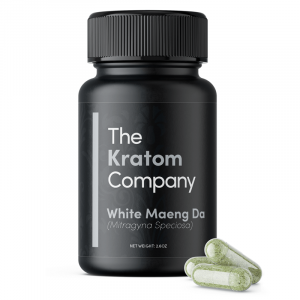 From $24.00Select options This product has multiple variants. The options may be chosen on the product page
From $24.00Select options This product has multiple variants. The options may be chosen on the product page
Explore More Posts
Product Search
Featured Products
-
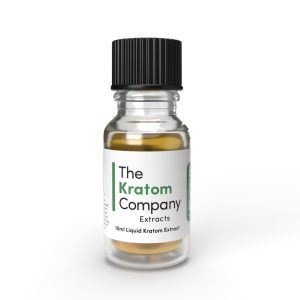 Pure Kratom Liquid Extract
Rated 4.72 out of 5From $20.00
Pure Kratom Liquid Extract
Rated 4.72 out of 5From $20.00 -
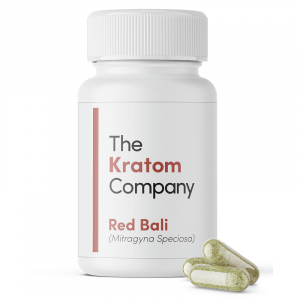 Red Vein Bali Kratom Capsules
Rated 4.70 out of 5From $24.00
Red Vein Bali Kratom Capsules
Rated 4.70 out of 5From $24.00 -
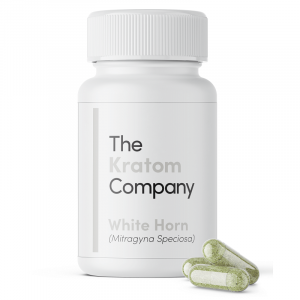 White Horn Kratom Capsules
Rated 4.88 out of 5From $24.00
White Horn Kratom Capsules
Rated 4.88 out of 5From $24.00
Recent Blogs
Follow Us
Strains
Blogs
NEWSLETTER
Sign up for our newsletter!

These statements and products presented on this website have not been evaluated by the Food and Drug Administration FDA. The products mentioned on this website are not intended to diagnose, prevent, treat or cure any diseases or health conditions. Therefore any information on this website is presented solely as the opinions of their respective authors who do not claim in any way shape or form to be medical professionals providing medical advice. The KRTM Company and its owners or employees cannot be held responsible for, and will not be liable for the inaccuracy or application of any information whatsoever herein provided. By purchasing our products you agree that you are aware and in compliance with your local county, state, or federal regulations. Must be 21 years or older to purchase Kratom. The US FDA has not approved kratom as a dietary supplement. We do not ship to the following states, cities and counties in the US where Kratom is banned: Alabama, Arkansas, Indiana, Rhode Island, Vermont, Wisconsin, Sarasota County, FL, Union County, MS, Denver, CO, San Diego, CA, and Jerseyville, IL.

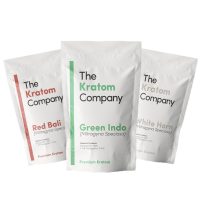

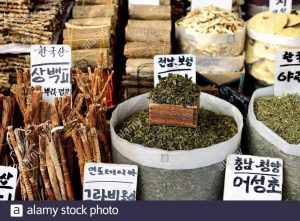


This Post Has 3 Comments
These two are becoming a couple of the greatest ways to help explain how the government wants to control things. Very helpful in teaching people about how kratom came to be demonized by the FDA.
Not a dedicated marijuana user myself but the legal path really helps to identify some of the problems in our government that lead to kratom persecution! Glad you were able to really expose that here. Great post!!????????
Preach, man. Can’t wait to see more unification against these flawed legal policies as time goes on.